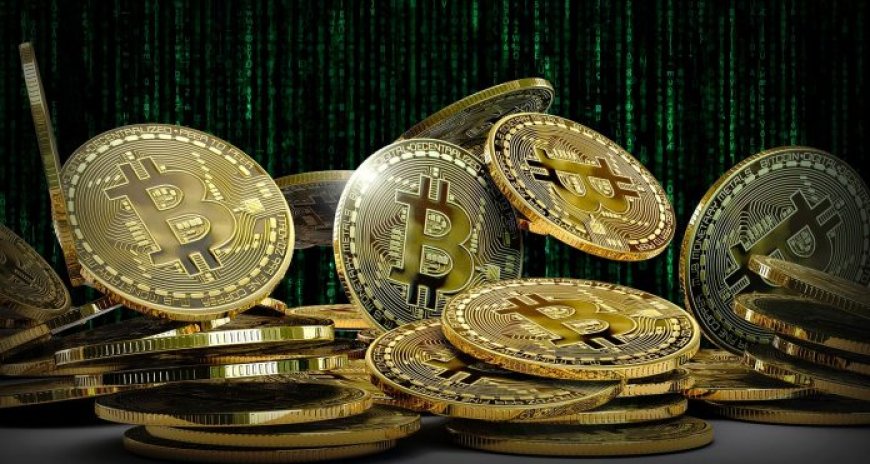The PGP Precedent: A Legal Hurdle to Banning Bitcoin
The PGP Case: A Clash of Cryptography and Free Speech

In the context of the ongoing debate on whether Bitcoin can be banned, a significant legal precedent looms large - the PGP (Pretty Good Privacy) case that emerged in the United States in the 1990s. PGP, a groundbreaking encryption software, faced a similar battle over government attempts to restrict its distribution. Understanding the implications of the PGP case sheds light on the formidable legal challenges that any attempt to ban Bitcoin would face.
Great video explained by Julian Figueroa here
If it wasn't for this computer science pioneer, the USA would have already pursued banning Bitcoin.
⬇️ pic.twitter.com/QgUbJ5BEmk — Julian Figueroa (@kinetic_finance) July 31, 2023
In the early 1990s, the U.S. government sought to classify cryptographic software like PGP as a "munition," subject to export controls to prevent its dissemination beyond national borders. PGP, created by Phil Zimmermann, was designed to enable secure communication and protect individual privacy. However, Zimmermann's decision to publish the PGP source code as a book made it subject to export restrictions.
The Battle for Encryption Freedom
The Electronic Frontier Foundation (EFF) and other civil liberties advocates rallied behind Zimmermann's cause, asserting that classifying PGP as a "munition" violated the First Amendment's protection of free speech. They argued that cryptographic software was a form of expressive speech, akin to a mathematical algorithm or language.
Legal Victory: Encryption as Protected Speech
In the landmark case Bernstein v. U.S. Department of Justice, Daniel J. Bernstein, a mathematician, also challenged export restrictions on cryptographic software. The Ninth Circuit Court of Appeals ruled in favor of Bernstein, asserting that software source code is indeed a form of protected speech, protected by the First Amendment. So can bitcoin be banned? it surely cant's.
The PGP Precedent and Implications for Bitcoin
The legal victory in the PGP case established a crucial precedent, affirming that encryption software is a form of protected speech. This ruling has significant implications for any attempt to ban Bitcoin or restrict its use. Bitcoin's underlying technology, blockchain, relies heavily on cryptographic principles to secure transactions and user identities. Analogous to PGP's encryption, the cryptographic algorithms that power Bitcoin can be considered as a form of expressive speech, thus invoking First Amendment protection.
The First Amendment Shield for Bitcoin
Drawing from the PGP precedent, any government endeavor to ban Bitcoin outright would likely encounter constitutional challenges centered on free speech rights. Proponents of the cryptocurrency ecosystem would undoubtedly assert that attempting to suppress Bitcoin usage infringes upon individuals' freedom to engage in secure, decentralized transactions, which they view as an exercise of free speech.
Legal Battles and Nuanced Regulation
While the PGP precedent strengthens the argument against an outright ban, it does not imply a carte blanche for unregulated use. Governments and regulators must tread a delicate balance between safeguarding financial systems, preventing illicit activities, and respecting individuals' rights to engage in secure financial transactions.
Conclusion
The PGP case stands as a beacon of hope for proponents of decentralized technologies like Bitcoin. It highlights the potential legal hurdles that any ban on cryptocurrencies could face, particularly when it comes to the protection of free speech rights. The PGP precedent reinforces the notion that attempts to restrict encryption-based technologies, such as Bitcoin, would likely face rigorous scrutiny from the courts. As the debate on cryptocurrency regulation continues, policymakers must carefully navigate the legal complexities, recognizing the technological advancements and potential transformative power of blockchain while ensuring a nuanced approach to regulation that upholds individual rights and promotes innovation.










